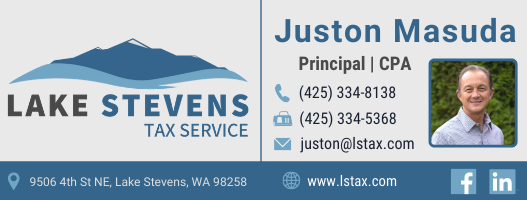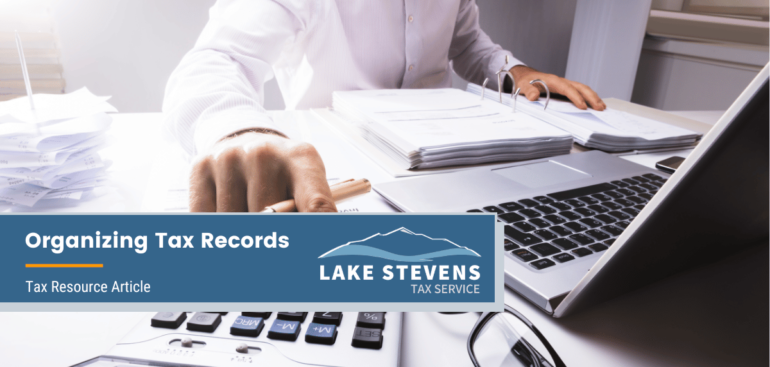As tax season approaches, the importance of organizing tax records becomes increasingly evident, especially for businesses. Keeping your financial documents in order not only ensures compliance with tax laws but also serves as the foundation for generating accurate financial reports. In this blog article, we will delve into the significance of organizing tax records for businesses and how it plays a pivotal role in maintaining financial stability and success.
The Significance of Organizing Tax Records
Compliance and Avoidance of Penalties
Organizing tax records is the first step towards ensuring compliance with tax regulations. Accurate and up-to-date records help you report the right information to tax authorities, reducing the risk of audits and penalties. Failure to maintain proper records can lead to costly fines and even potential legal ramifications for businesses, big or small.
Seamless Tax Filing Process
The tax season can be stressful for business owners and finance teams alike. However, with organized tax records, the tax filing process becomes considerably smoother. All the necessary documents and financial data will be readily accessible, minimizing the chances of errors and missed deadlines. Consequently, you can focus on other essential aspects of your business without unnecessary tax-related worries.
Making Informed Financial Decisions
Accurate tax records provide invaluable insights into your business’s financial health. By organizing your records efficiently, you gain a clearer understanding of your revenue, expenses, and profits. This information empowers you to make informed financial decisions, identify areas of improvement, and strategize for future growth.
Building Credibility with Stakeholders
For businesses seeking investments or partnerships, well-organized tax records significantly enhance credibility. Investors, lenders, and potential partners will have confidence in your business’s financial stability and management practices. Reliable financial reports built on organized tax records can open doors to valuable opportunities and collaborations.
Forecasting and Budgeting
Accurate financial reports derived from well-organized tax records are essential for effective forecasting and budgeting. With a clear picture of your past financial performance, you can better project future revenues and expenses, enabling you to set realistic financial goals and allocate resources strategically.
Tips for Organizing Tax Records
Establish a Systematic Approach
Create a systematic and consistent method for organizing your tax records. This may involve using digital tools, cloud-based accounting software, or physical folders for paper documents. Categorize records based on type, such as income, expenses, receipts, and invoices, to facilitate easy retrieval.
Maintain Real-Time Updates
Keep your tax records up to date throughout the year. Waiting until the tax season to organize your finances can be overwhelming and may lead to mistakes or omissions. Regularly input data and reconcile financial statements to ensure accuracy.
Store Records Securely
Protect sensitive financial information by storing records in a secure location. For digital records, use password protection and encryption where possible. For physical documents, consider using locked filing cabinets or secure offsite storage.
Seek Professional Guidance
If you are unsure about tax regulations or the best practices for organizing records, consider consulting a qualified accountant or tax professional. They can provide valuable insights tailored to your specific business needs and industry requirements.
Conclusion
Organizing tax records is not just a matter of fulfilling regulatory obligations; it is the cornerstone of accurate financial reporting for businesses. By maintaining well-organized and up-to-date records, you ensure compliance, gain financial insights, and build trust with stakeholders. Embrace the task of organizing tax records as a vital investment in your business’s success, both for the present and the future.
Get Expert Tax Advice
There’s a lot to think about when it comes to tax planning. That’s why it often makes sense to talk to a tax professional who can evaluate your situation and help you determine if any year-end moves make sense for you.
Contact Lake Stevens Tax Service or call us at (425) 334-8138 with any questions about these important tax tips that you can use now to save money!


